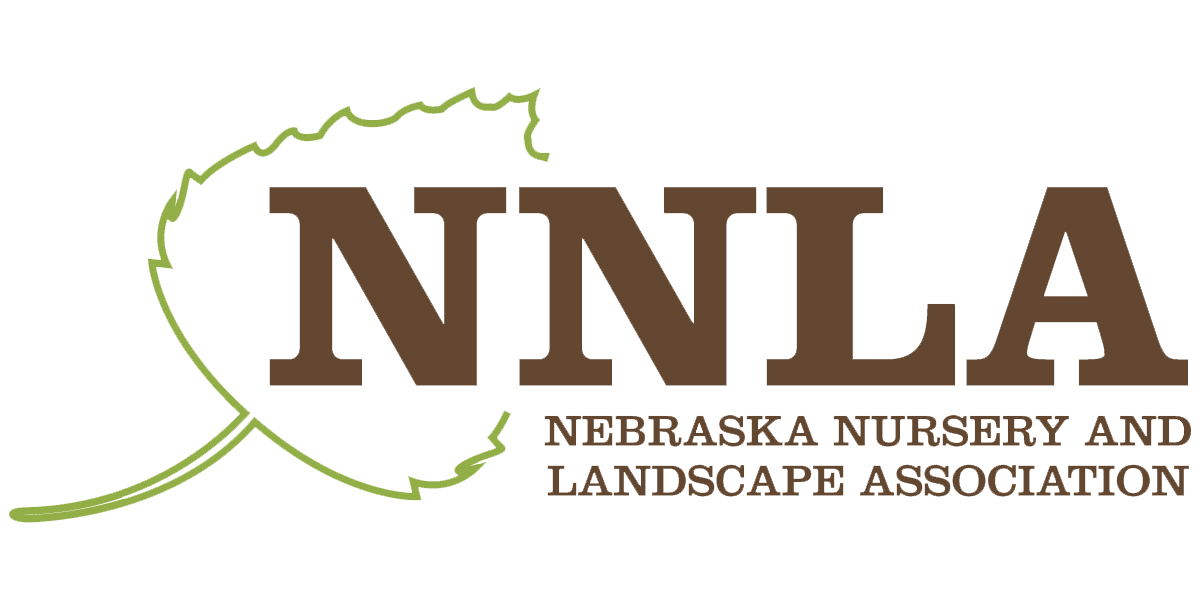Nursery Dealer Inspections
Spring is almost here, the snow will eventually melt, and greenhouses all over the state will soon be filled with nursery stock, ready for customers. That means that another sign of spring is just around the corner. Nebraska Department of Agriculture (NDA) entomology inspectors will begin the rounds of spring nursery dealer inspections.
NDA inspectors visit licensed nursery stock distribution locations and inspect nursery stock to ensure that only sound, healthy stock is being distributed. The inspectors will verify that the location is correctly licensed. They look for evidence of insect or disease problems, or structural or mechanical damage to the plant material. Inspectors also look for weed problems in containers and root balls, check that plants are labeled correctly, and verify compliance with state and federal quarantines.
During these inspections, inspectors document their findings on a Nursery Dealer Inspection Report form. Minor problems, such as trace aphid or moderate leaf rust, are noted at the top of the report in the comments/requirements section. Issues that need correction will also be documented in this section, including issues like needing to mulch-in root balls or posting the business’s nursery license. More serious problems may require the inspector to restrict a plant and issue a Withdrawal-from-Distribution Order. The inspector will document this on the lower portion of the inspection form. Problems that may require restriction include foliar nematodes, viruses, cankers and borers. When a plant is restricted, it must be removed from the distribution area. Generally, the licensee has the option to correct the problem (when possible), return the plant material to the supplier or destroy the plant material. When the problem is corrected, the inspector will return, re-inspect the business, and remove the restriction on distribution.
Here are some hints to make the dealer inspection process as simple and painless as possible.
• Post your Nursery Stock Distributor license in a public location. This is required by law and is one of the first things inspectors check.
• Have all your plant material labeled correctly. Nebraska law requires that all plant material over one gallon in size be labeled with source/place of origin information. If using a coding system, have a copy of the supplier codes available for the inspector. Any time plant material is restricted, the inspector must determine the supplier of that plant.
• Keep all paperwork for the plant shipments you have received. Often this paperwork contains stamps or certificates indicating compliance with state and federal quarantines. An inspector may ask for this paperwork to confirm the plant material is compliant. If a nursery cannot provide the certification paperwork, the inspector may have to restrict the plants until the paperwork can be found.
• Remember, plant material cannot be set directly on surfaces such as asphalt or concrete. They must be protected with a layer of mulch, or set on pallets or benches, and B&B root balls must be covered with mulch. This is to protect the roots from heat and desiccation.
• Finally, use reputable suppliers and purchase quality stock from licensed suppliers. This will help limit problems found by inspectors.
Here’s hoping for a perfect spring, with no late freezes. If you have any questions about Nursery Certification, please contact Julie Van Meter, Entomology Program Manager/State Entomologist, at 402-471-6847 or agr.plant@nebraska.gov.
